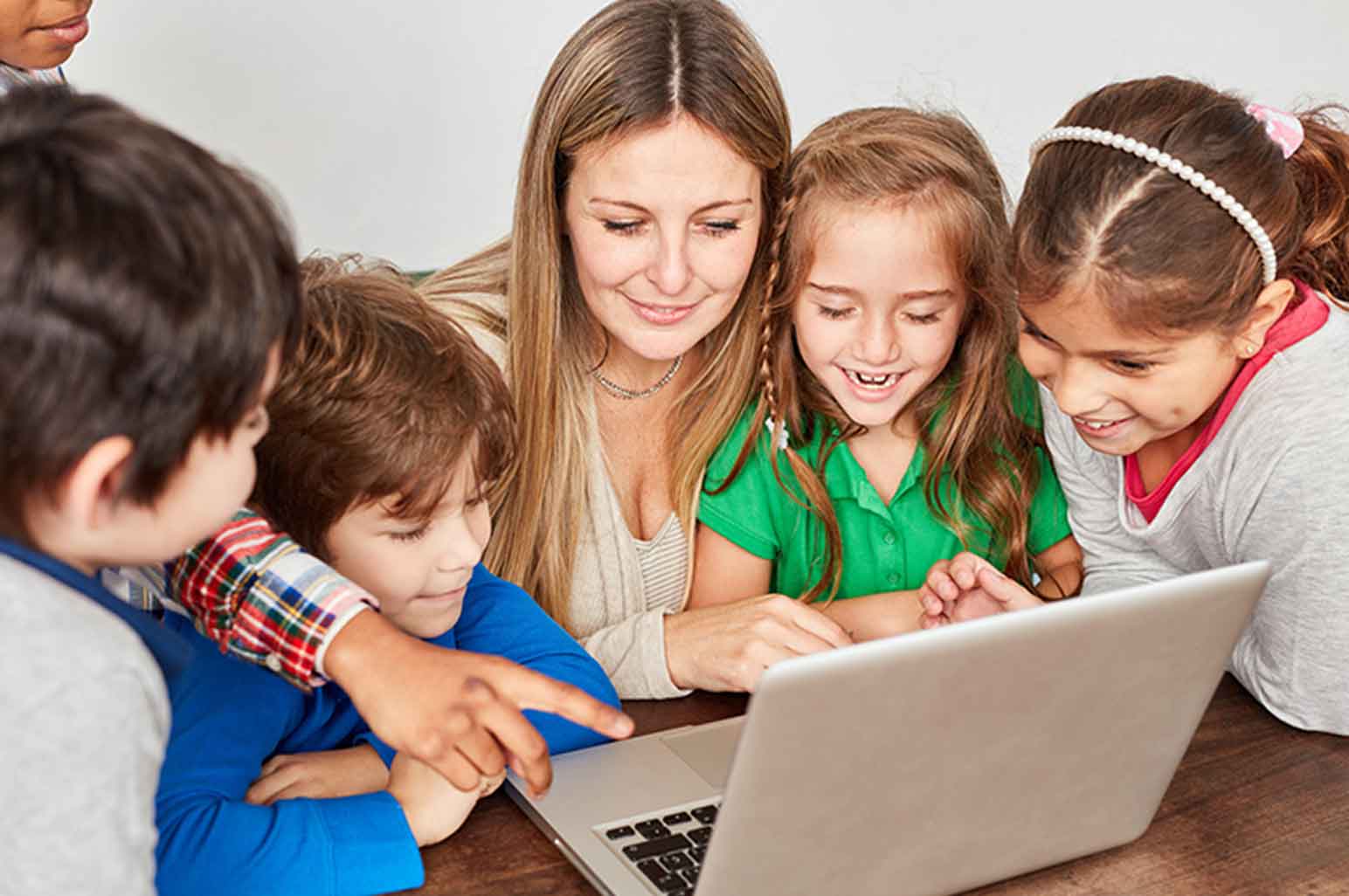
You have probably come across the term social-emotional learning. Have you checked its profound meaning and if it’s essential? Well, social-emotional learning helps individuals develop a better understanding of themselves and the people around them. It helps create self-awareness, self-control and also grows interpersonal skills. All these lead to better schooling, better working relationships, and having a better life. This informative article will discuss social-emotional learning, its meaning, and why it’s essential for every individual. Please read till the end to find out more.
WHAT’S SOCIAL-EMOTIONAL LEARNING?
Social-emotional learning is an educational process that tends to develop self-control and self-awareness. It brings out interpersonal skills that are important for schooling, work, and success in life. Attending a social-emotional learning curriculum to learn social emotions helps individuals cope with everyday life and its challenges. It makes one progress well in academics, profession and also in their social life. It instills knowledge that enables one to become self-disciplined and to control their emotions, among other things. The learning process builds a better foundation for kids, adults, and the whole community.
IMPORTANCE OF SOCIAL-EMOTIONAL LEARNING
Social-emotional learning is essential in many ways. It helps students in schools excel in their academics, allows workers in their respective working places, and brings together the community. Students who undergo social-emotional learning score higher academically than those not trained and end up doing well in their professions while helping society come together. Below are some benefits of this learning.
1. IT FOSTERS RELATIONSHIP BUILDING AND ACADEMIC AWARENESS
Children need to have a close connection to their parents or any other adult since it’s seen to bring better academic results. Even in shorter durations, promoting social-emotional learning builds connections between the teachers and their students, making the latter perform better in their classes. It helps students complete their work on time and leads to excelling in academics. Also, students in small groups help build relationships and create authentic discussions between peers, leading to a better understanding of education and issues.
2. IT IMPROVES STUDENT’S MENTAL HEALTH
More students who aren’t involved in social activities develop mental health problems than those who actively participate in social groups. Having poor mental health affects learning and leads children to develop trauma, stress, and depression even when studying. Some of these illnesses, including anxiety and depression, end up affecting them even after school. Social-emotional learning helps children get away with such emotions and prepares them well in their future life. It builds the students’ minds to handle any negativities, which may ruin their lives. Social-emotional learning promotes a positive mentality to students when at school and strengthens them to handle negative life situations even after school.
3. IT ENCOURAGES SOCIAL-EMOTIONAL DEVELOPMENT IN COMMUNITIES
Through social-emotional learning, students develop initiatives that lead to social-emotional developments in their families and the community. Through innovative projects, these students create opportunities that demonstrate leadership to their peers, building relationships in communities. It leads to these students making enormous beneficial contributions to society. Through this involvement, the students are exposed to giving back to the community initiatives, which builds up their social-emotional experience even further. When you teach students social-emotional learning in schools, it positively affects their whole lives, including working and interacting with the community. It helps to create relationships and brings the best to the community as a whole.
4. IT IS NEEDED IN A GLOBAL ECONOMY
When you teach children social-emotional learning in their early stages, such leads them to utilize their future career skills. The learning instills adaptability, critical thinking, and interpersonal communication skills, all required in the modern job market to steer the economy. Having these skills at early stages helps students cope with the current job markets and prepares them for success. Currently, when corporate leaders and human resources hire individuals, they first check on their emotional intelligence before any other thing. There is a sense that students who undergo social-emotional learning perform better in workplaces compared to those not yet trained. Nowadays, having social-emotional learning is slowly becoming the key to success in workplaces. Only these can be gained through developing better social-emotional learning practices.
You have read how social-emotional learning is meaningful in academics, workplaces, communities and how it’s helping drive the global economy. We can term this learning as an emotional and social process for all students. It is critical to enroll your kids in social-emotional learning to enjoy the benefits it comes with it and prepare them for their future lives. The process puts together empathy, understanding and helps students push on in their social life both within and internationally.
